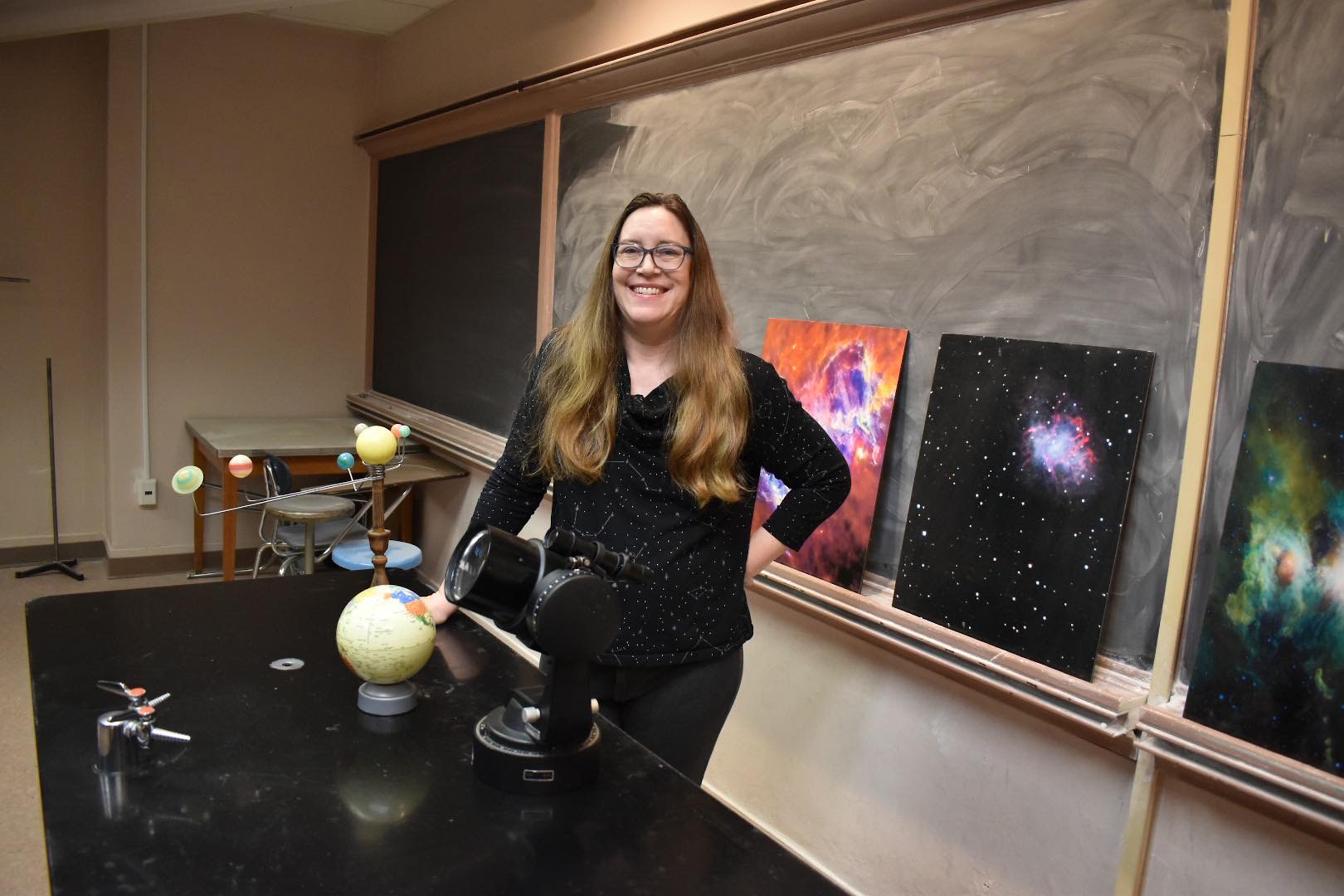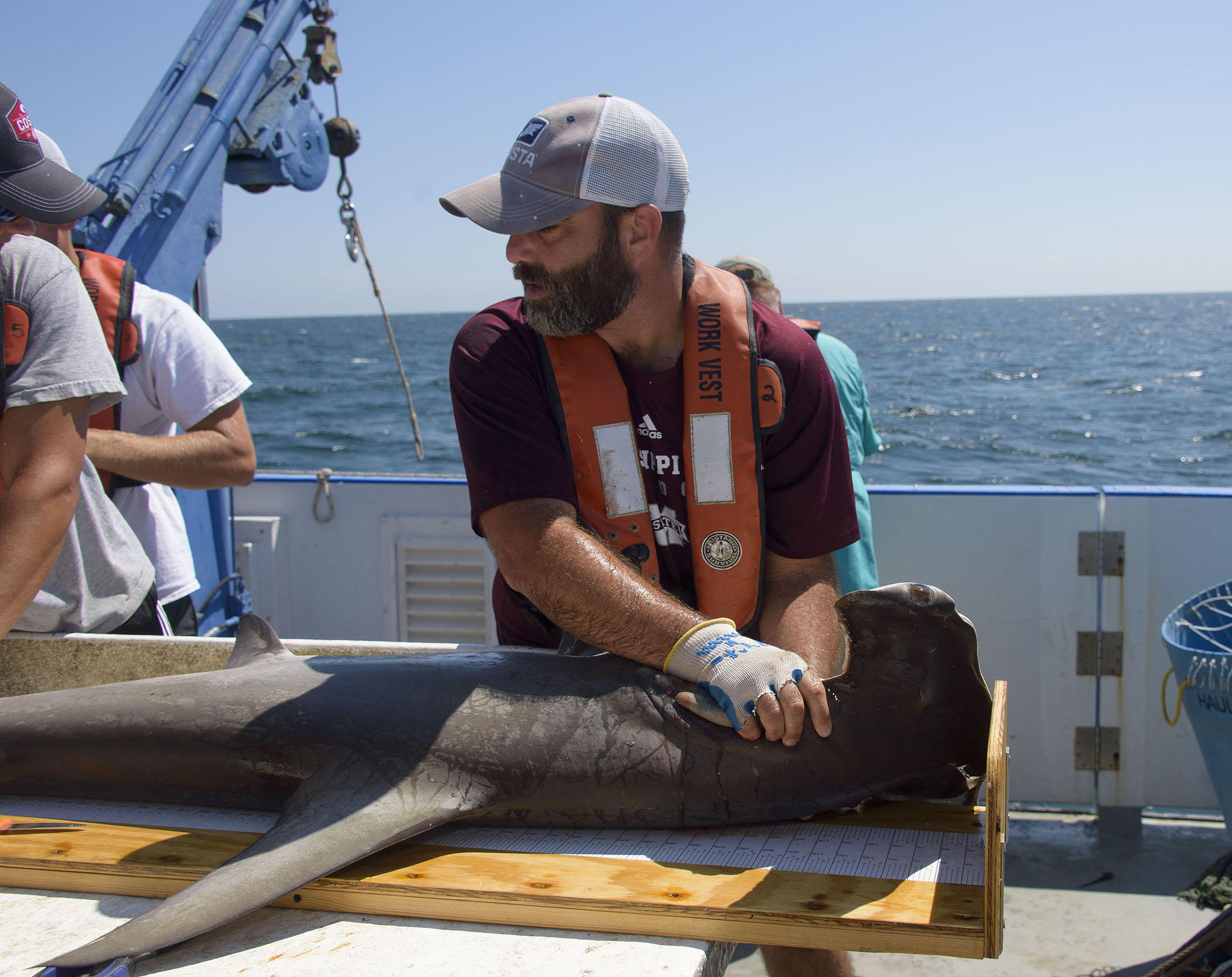STARKVILLE, Miss.—A Mississippi State physics and astronomy faculty member is part of a group of scientists landing a new telescope on the moon’s surface.

Angelle Tanner, an MSU associate professor in the College of Arts and Sciences’ Department of Physics and Astronomy, is collaborating with other researchers from Louisiana State University, the SETI Institute and AstronetX PBC, a Boston, Massachusetts-headquartered corporation dedicated to enabling frontier research from space. A grant from the Gordon and Betty Moore Foundation to AstronetX is the primary funding source for the work, which aims to launch a small lunar-based telescope camera, known as L-CAM1, in 2024.
Tanner explained that implementing L-CAM1 on the moon’s surface will be a first step toward larger, long-term scientific goals and serves as a technological demonstration that could lead to further development of lunar-based telescopes.
“There are several reasons that a lot of scientists are very interested in building up this technology,” Tanner said. “This allows us to get away from the Earth’s atmosphere and have a physically stable surface for scientific instruments on the moon.” She explained that this will improve the clarity of images acquired with the camera.
Tanner said the planning phase of the project has required intense calculation and consideration of details, such as where on the moon’s surface the camera will land and how dust, temperature and other factors may impact the solar-powered instrument.

Contributing data analysis and exoplanet target selection, Tanner said she and LSU colleague Tabetha Boyajian, who serves as science team leader, have worked well together for many years on a variety of projects.
“This project’s main science objective is to study exoplanets, or planets that orbit another star beyond our solar system. One of the main advantages is that the camera location on the moon will allow longer continuous periods of observation of our transiting targets, because the lunar day and night cycle is so much longer than it is on Earth, which limits observation timeframes from Earth,” Tanner explained.
In addition to capturing cosmic images of exoplanets, the research team will observe a large number of asteroids, including some near Earth.
“This could open the door to definitely new and exciting scientific adventures,” Tanner said.
For more on MSU’s Department of Physics and Astronomy, visit https://www.physics.msstate.edu/.
MSU is Mississippi’s leading university, available online at www.msstate.edu.



















